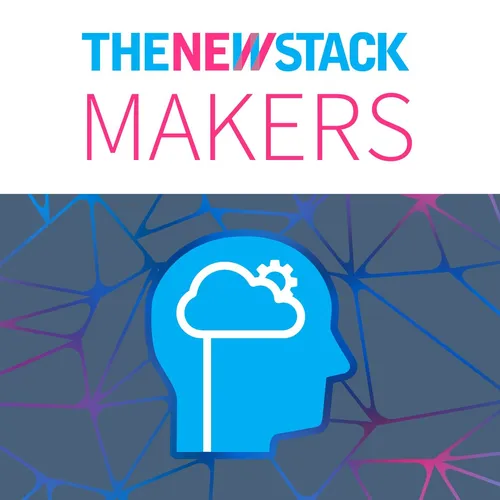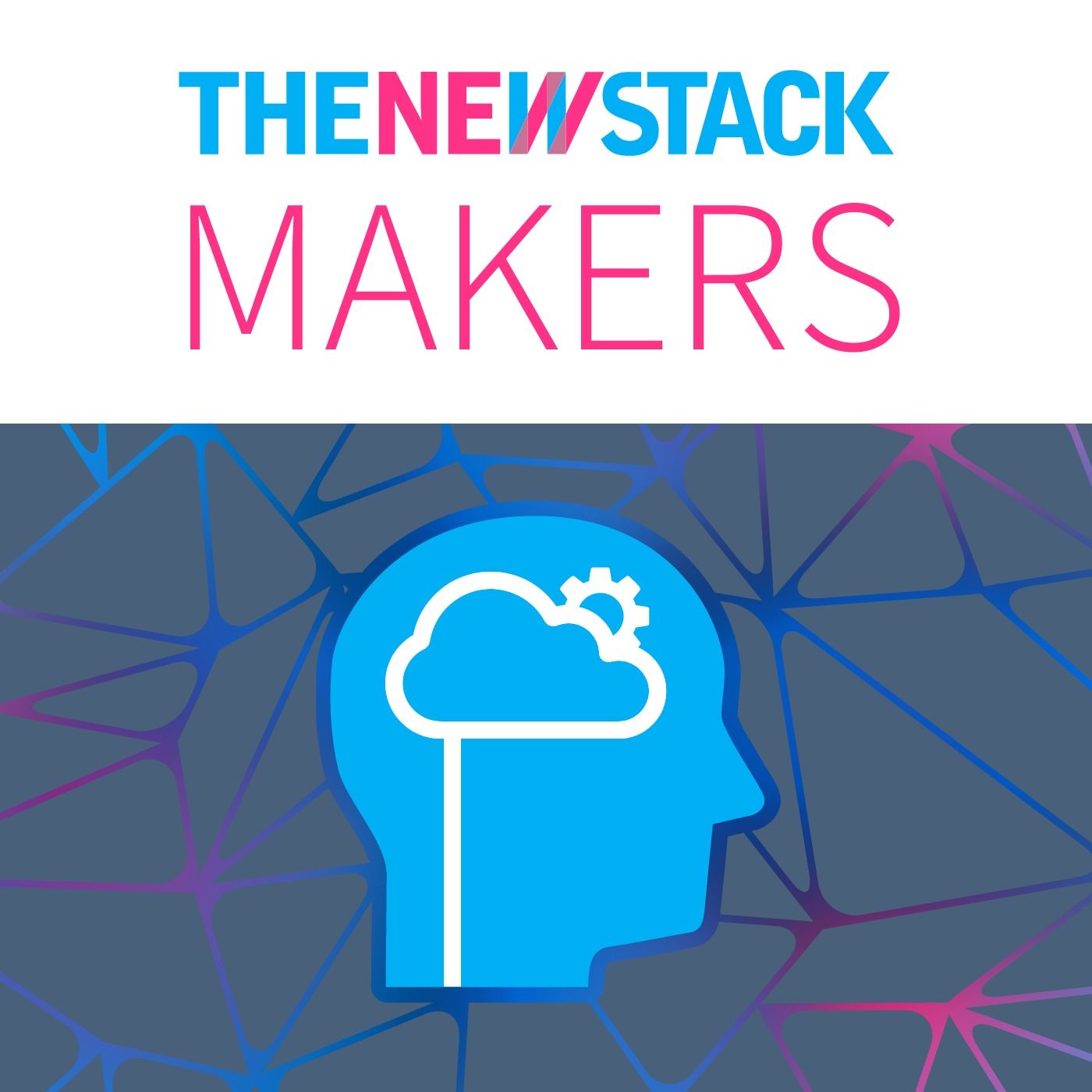
The New Stack Podcast
The New Stack Podcast is all about the developers, software engineers and operations people who build at-scale architectures that change the way we develop and deploy software.
For more content from The New Stack, subscribe on YouTube at: https://www.youtube.com/c/TheNewStack
- Update frequency
- every 6 days
- Average duration
- 25 minutes
- Episodes
- 312
- Years Active
- 2021 - 2025

Unlocking the Developer
Proper tooling is perhaps the primary key to unlocking developer productivity. With the right tools and frameworks, developers can be productive in minutes versus having to toil over boilerplate code…

MongoDB 6.0 Offers Client-Side End-to-End Encryption
"Developers aren't cryptographers. We can only do so much security training, and frankly, they shouldn't have to make hard choices about this encryption mode or that encryption mode. It should just, …

Simplifying Cloud Native Application Development with Ballerina
For the past six years, WSO2 has been developing Ballerina, an open-source programming language that streamlines the writing of new services and APIs. It aims to simplify the process of being able to…

The Future of Open Source Contributions from KubeCon Europe
VALENCIA – Open source code is part of at least 70% of enterprise stacks. Yet, a lot of open source contributors are still unpaid volunteers. Even more than tech as a whole, the future of open source…

Simplifying Kubernetes through Automation
VALENCIA, SPAIN —Managing the cloud virtual machines (VMs) your containers run on. Running data-intensive workloads. Scaling services in response to spikes in traffic — but doing so in a way that doe…

One of Europe’s Largest Telcos’ Cloud Native Journey
Telecoms are not necessarily associated with adopting new-generation technologies. However, Deutsche Telekom has made considerable investments cloud in native environments, by creating and supporting…

OpenTelemetry Gets Better Metrics
OpenTelemetry is defined by its creators as a collection of APIs used to instrument, generate, collect and export telemetry data for observability. This data is in the form of metrics, logs and trace…

Living with Kubernetes After the 'Honeymoon' Ends
Nearly seven years after Google released Kubernetes, the open source container orchestrator, into an unsuspecting world, 5.6 million developers worldwide use it.
But that number, from the latest Cloud…

Kubernetes and the Cloud Native Community
The pandemic has significantly accelerated the adoption of Kubernetes and cloud native environments as a way to accommodate the surge in remote workers and other infrastructure constraints. Following…

Go Language Fuels Cloud Native Development
Go was created at Google in 2007 to improve programming productivity in an era of multi-core networked machines and large codebases. Since then, engineering teams across Google, as well as across th…

Svelte and the Future of Front-end Development
First released in 2016, the Svelte Web framework has steadily gained popularity as an alternative approach to building Web applications, one that prides itself on being more intuitive (and less verbo…

Is Java Ready for Cloud Native Computing?
First released in 1995, Java’s programming language has been a leading developer platform that has become a workhorse for hundreds of enterprise applications. With each new technology evolution, Java…

KubeCon + CloudNativeCon 2022 Europe, in Valencia: Bring a Mask
Last week, the country of Spain dropped its mandate for residents and visitors to wear masks, to ward off further infections of the Coronavirus. So, for this year's KubeCon + CloudNativeCon Europe c…

Microsoft Accelerates the Journey to Low-Code
Low-code and no-code is becoming increasingly popular in software development, particularly in enterprises that are looking to expand the number of people who can create applications for digital tran…

Meet Cadence: The Open-Source Orchestration Workflow Engine
Developers are often faced with complexity when building and operating long-running processes that involve multiple service calls and require continuous coordination. To solve this challenge, Uber bu…

Removing the Complexity to Securely Access the Infrastructure
As the tech stack grows, the list of technologies that must be configured in cloud computing environments has grown exponentially and increased the complexity in the IT infrastructure. While every la…

Rethinking Trust in Cloud Security
From cloud security providers to open source, trust has become a staple from which an organization's security is built. But with the rise of cloud-native technologies, the new ways of building applic…

The Work-War Balance of Open Source Developers in Ukraine
"Many Ukrainians continue working. A very good opportunity is to continue working with them, to buy Ukrainian software products, to engage with people who are working [via] UpWork. Help Ukrainians by…

Securing the Modern Enterprise with Trust: A Look at the Upcoming Code to Cloud Summit
From cloud security providers to open source, trust has become the foundation from which an organization's security is built. But with the rise of cloud-native technologies such as containers and inf…

Optimizing Resource Management Using Machine Learning to Scale Kubernetes
Kubernetes is great at large-scale systems, but its complexity and transparency has caused higher cloud costs, delays in deployment and developer frustration. As Kubernetes has taken off and workload…